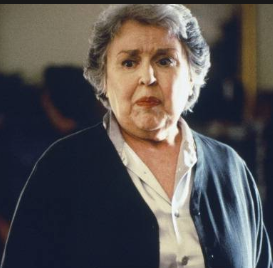What do you think?
Rate this book


564 pages, Hardcover
First published August 28, 2014
 come to my blog!
come to my blog!She had done her best to get it all right. But seeing Mrs. Barber going about, taking possession, determining which of her things would go here, which there, she felt oddly redundant – as if she had become her own ghost.
How little the two of them knew each other, really. They were practically strangers. She hadn’t had an inkling of Lillian’s existence until six weeks before. Now she’d catch herself thinking of her at all sorts of odd moments, always slightly surprised when she did so, able to follow the thought backward, stage by stage, link by link, this idea having been called to mind by that one, which in turn had been suggested by that… But they all had their finish at Lillian, wherever they started.










